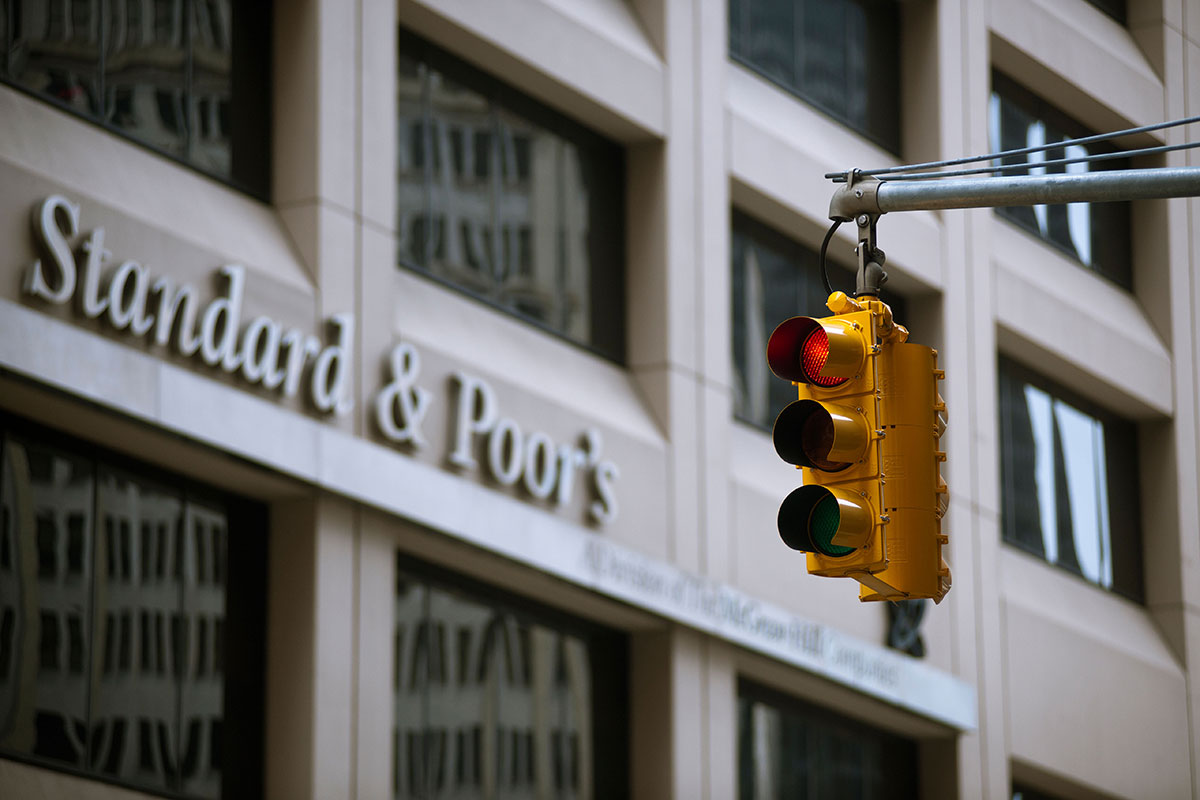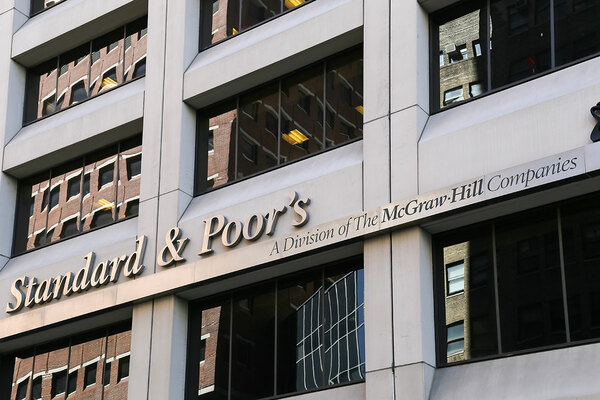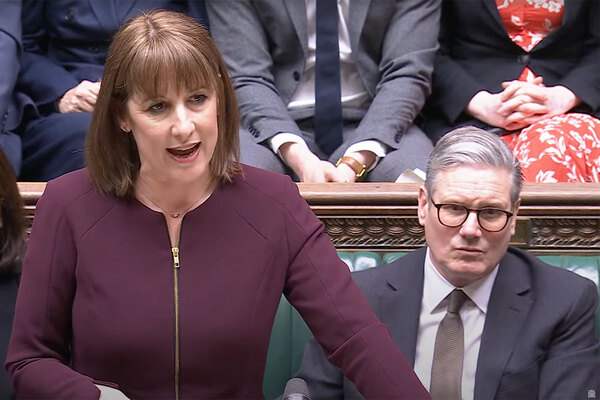S&P lowers rating on PA Housing to BBB+ from A-
PA Housing’s credit rating has been downgraded due to higher than expected fire safety remediation costs.
Standard & Poor’s (S&P) lowered the rating to BBB+ from A-, because the works were now expected to take longer and be more expensive than previously predicted.
Lower earnings and extra debt needed for the development of new homes would put further pressure on PA Housing’s debt metrics.
Scaling back its development targets would help PA Housing, but debt metrics would still be vulnerable, the credit rating agency said.
PA Housing owns or manages more than 23,000 homes, primarily in London, Surrey and the East Midlands. It is graded G1/V2, after the Regulator of Social Housing downgraded its viability rating in March 2022.
In its report on 27 June, S&P said it expected that the group’s adjusted EBITDA margins would be “depressed below a modest level of about 20 per cent over the coming two to three years, significantly lower than its historical level of about 30 per cent”.
It expected debt to non-sales-adjusted EBITDA to exceed 40.0x, with non-sales-adjusted EBITDA interest coverage below 1.0x and remaining around 0.6x by the financial year ending on 31 March, 2026.
However, the agency gave PA Housing a stable outlook, because it believes the organisation’s management is committed to containing costs, particularly on fire safety, which will reduce pressure on its finances.
It said claims from the Building Safety Fund and settlements with contractors would partly offset remediation costs, but these were uncertain in timing and size.
PA Housing is the latest housing association to have its rating lowered to BBB+, following Hexagon in March and Octavia in December 2022. The credit rating of another association, Swan, was initially lowered to BB- in October, before S&P raised to it BBB+ after its rescue merger with Sanctuary in February.
The organisations still have investment grade ratings (BBB- or above). This matters, because some investors will only buy investment grade bonds.
S&P said it could raise PA Housing’s rating if its management were able to contain cost pressures “such that PA Housing’s adjusted EBITDA margin improves markedly and faster than [we] currently [forecast]. We would also expect this to significantly improve the group’s debt metrics.”
Simon Hatchman, executive director of resources at PA Housing, said: “This change does not impact our plans to invest in our homes and services whilst maintaining our financial resilience.
“We are working to a robust financial plan, and we continue to navigate an appropriate path through the current operating and economic climate.
“The safety of our residents remains our top priority and we’re firmly committed to completing our fire safety remediation projects as soon as we can. We continue to support our residents and we are managing our contractors to complete the works as efficiently as possible.”
Sign up for Social Housing’s weekly news bulletin
Social Housing’s weekly news bulletin delivers the latest news and insight across finance and funding, regulation and governance, policy and strategy, straight to your inbox. Meanwhile, news alerts bring you the biggest stories as they land.
Already have an account? Click here to manage your newsletters.
RELATED







